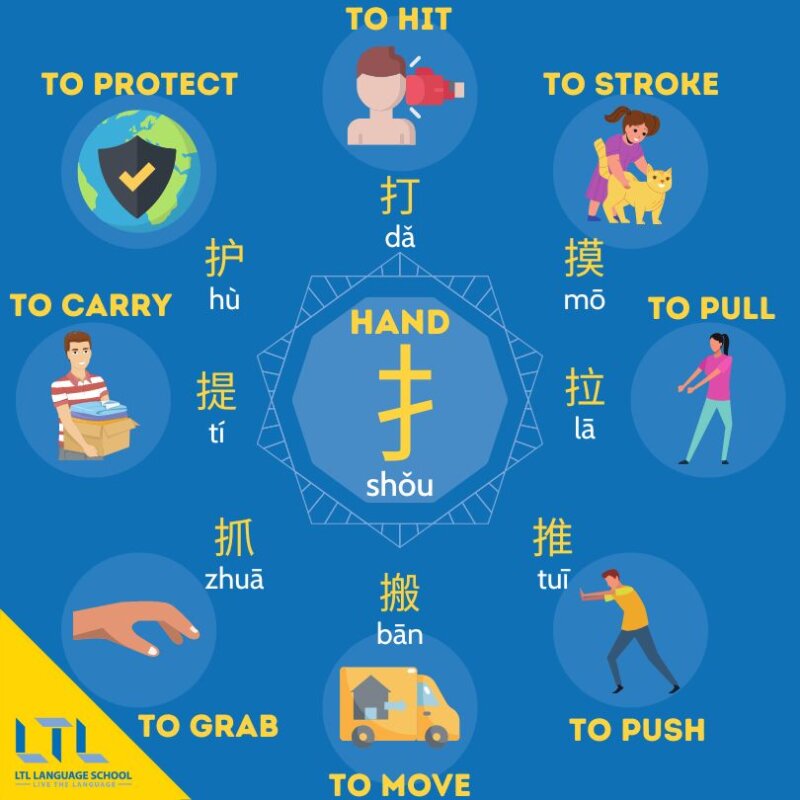Mandarin Chinese is a language spoken by many people. Over one billion! It is the most spoken language in the world. But, how hard is it to learn? Let’s find out together!

The Writing System
Mandarin uses characters. Not letters like English. These characters are called Chinese characters. There are thousands of them! Each character has its own meaning. Some characters look like pictures. For example, the character for “mountain” looks like a mountain. Isn’t that cool?
Learning so many characters can be hard. But don’t worry! You don’t need to learn all of them at once. Start with the simple ones. Like numbers and family words. With practice, you will learn more over time.

Pronunciation and Tones
Mandarin has a special way of saying words. It uses tones. A tone is like a musical note. There are four tones in Mandarin. The first tone is high and flat. The second tone rises like a question. The third tone falls and then rises. The fourth tone falls sharply.
| Tone | Sound | Example |
|---|---|---|
| First Tone | High and flat | mā (mother) |
| Second Tone | Rising | má (hemp) |
| Third Tone | Falling and rising | mǎ (horse) |
| Fourth Tone | Falling | mà (scold) |
The tone changes the meaning of the word. This can be tricky at first. But with practice, you will get better. Listen to native speakers. Repeat after them. This will help you learn.
Grammar
Mandarin grammar is simple. No verb conjugations like in English. Verbs do not change. For example, “I eat,” “you eat,” and “he eats” are the same in Mandarin. Isn’t that interesting?
There are no plurals in Mandarin. Instead, words are repeated. For example, “person” is “rén.” “People” is “rén rén.” Easy, right?
Mandarin does not have articles like “a” or “the.” This makes sentences shorter. But be careful! Word order is important. Usually, the subject comes first, then the verb, then the object. For example, “I eat an apple” is “Wǒ chī píngguǒ.”
Listening and Speaking
Listening is important in learning Mandarin. Try to listen to Mandarin every day. Watch Mandarin cartoons. Listen to Mandarin songs. This will help your ears get used to the sounds.
Speaking is also important. Practice speaking Mandarin with friends. Or find a language partner online. The more you speak, the better you get.
Learning Tools
There are many tools to help you learn Mandarin. Apps like Duolingo and HelloChinese are fun. They make learning feel like a game. You can also use flashcards. These help you remember characters and words.
Books are great too. Find children’s books in Mandarin. They have simple words and pictures. This makes learning fun and easy.
Do you like music? Listen to Mandarin songs. Try to sing along. This helps with pronunciation and tones.
Practice Makes Perfect
Learning Mandarin takes time. But don’t give up! Practice a little every day. Even 10 minutes can help. Be patient with yourself. Remember, every small step is progress.
Celebrate your achievements. Can you write a new character? Great job! Can you say a new sentence? Awesome! Keep going. You are doing amazing.
Frequently Asked Questions
Is Mandarin Considered A Difficult Language To Learn?
Yes, Mandarin is challenging. Complex characters and tones. Requires dedication and practice.
How Long Does It Take To Learn Mandarin Fluently?
Depends on dedication. A few years for fluency. Regular practice is key.
What Makes Mandarin Different From Other Languages?
Unique writing system. Tones change meaning. No alphabet. Complex, but fascinating.
Are Mandarin Tones Hard To Master?
Yes, tones are tricky. They change word meanings. Practice helps.
Conclusion
So, how hard is Mandarin to learn? It can be challenging. But it is also fun and rewarding. With practice, patience, and the right tools, you can learn Mandarin. Imagine speaking with over a billion people. How exciting is that?
Start your Mandarin journey today. Take it one step at a time. Remember, learning is an adventure. Enjoy every moment of it!
